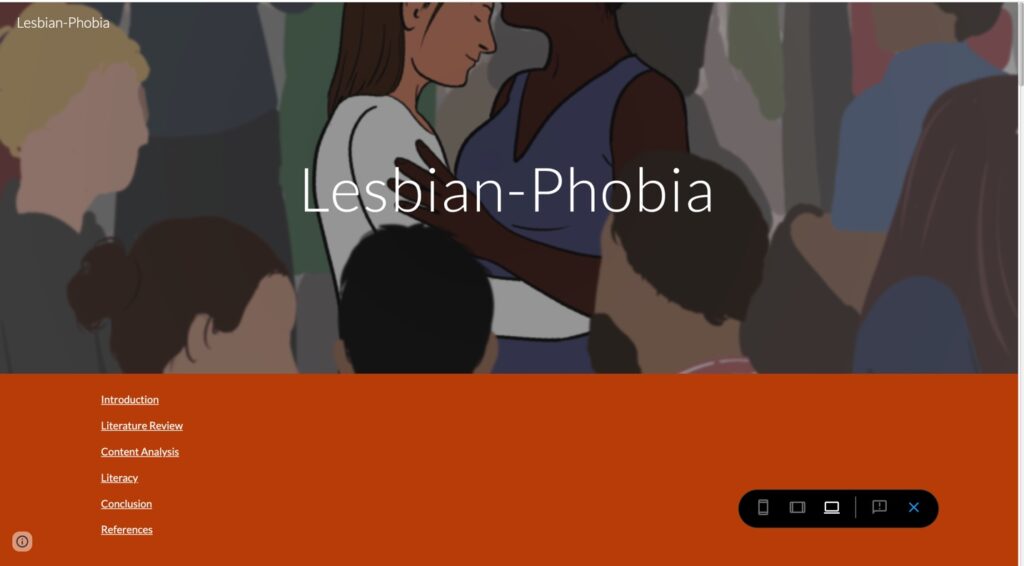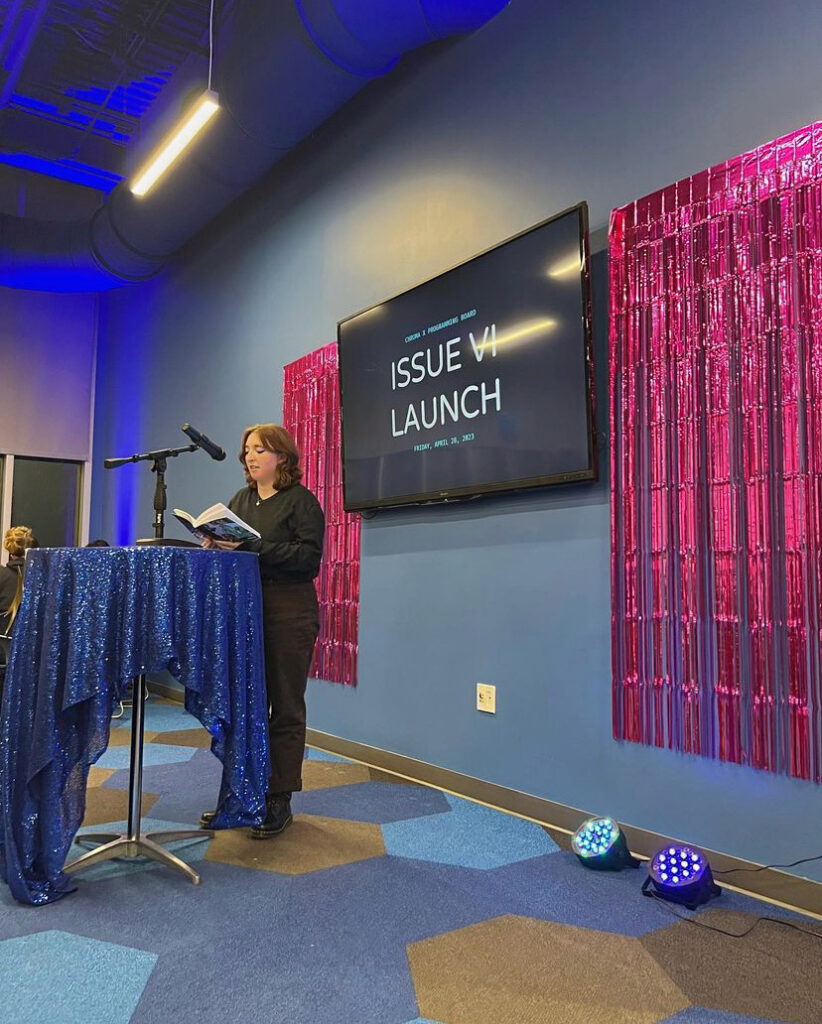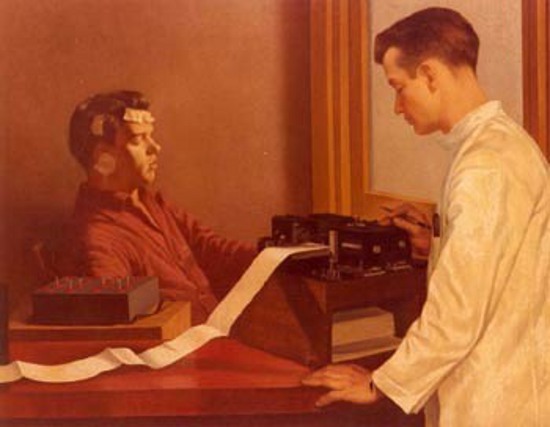In high school, classes were relatively small and you had the same teachers pretty much everyday, making it easy to form a bond with those teachers. You never really had to put that much effort into getting to know your teacher and as long as you did your work, they pretty much liked you.
For me, I was a very quiet kid and way too anxious to talk to all of my teachers. There were some teachers I managed to get close to who have helped me get to where I am today, but with others I just had a normal student-teacher relationship and nothing special. I knew that when I went to college it would be important to try and form a bond with at least some professors like I did in high school. However, college is much different than high school.
Thankfully, I chose a typically small school so my classes are never too big, but even still, it is different from high school. Instead of seeing these professors everyday, I would see them once, maybe twice, a week and the semesters are much shorter than a whole high school year, so you only have a few months to try and make an impression.
It was difficult for me at first, to try and open up to professors. I often seek adult validation and would always be too afraid to ask questions to my professors in fear that they would think I’m too dumb for their class. Now though, after a few years, I’ve discovered that asking questions when confused adds a new layer to your professor’s perception of you and they even feel grateful that you can admit to being confused. My sophomore year was one of the first times I took a class within my new major and I was beyond confused.
No one else seemed as confused and I honestly felt stupid. However, slowly I became more comfortable and at some points would just say out loud to my professor “I’m so confused and have no idea what this means”. Any time I do this, no professor laughs despite what my overthinking mind may think. Instead my professor and I worked together to understand my confusion and I worked hard to become a better writer and student.
Two years later he is one of my favorite professors and has helped me gain many opportunities. I have won an award for writing and I’m able to apply lessons and tips that once confused me to other classes to improve my writing and discussions in class.

The title and cover page of the paper I won an award for
It is so important to befriend at least one of your professors so you can always count on at least one adult to help you out in the future. And in order to do so, you don’t need to bring a fruit basket or something to their desk and essentially be a suck-up (no hate to suck-ups, I applaud those who can do it).The best way to form a connection is to be honest. Tell them how you feel about their lessons, ask questions, and participate. They will admire you and your attitude and will look forward to seeing you in other classes in the future.
The professors I have gotten close with have helped me find internships, be references for internships/jobs, and have written some letters of recommendations that I needed to get into grad school. They also help you become more confident in yourself and your work. At least that’s what happens to me when I seek adult validation.

After becoming known in the community within my major, I have been given opportunities like being an opening reader for my schools literary magazine! Here’s me reading one of my short stories
Summary:
- Forming relationships with high school teachers is different than professors in college
- It may seem intimidating at first to speak with professors, but slowly you discover they are humans too and not scary
- It is best to be honest with them and communicate how you feel rather than just act like you know what’s going on
- Befriending professors will essentially help you in the future

By Mia Ilie
Mia Ilie is a student at Pace University, graduating in May 2024 with a degree in Writing and Rhetoric and a focus on publishing. She grew up in Rockland, New York and is currently living in Westchester, New York where she attends school and works at a local bookstore. You can always find her with her nose in a book or screaming to Taylor Swift with her friends.
For over 20 years, the Campus Clipper has been offering awesome student discounts in NYC, from the East Side to Greenwich Village. Along with inspiration, the company offers students a special coupon booklet and the Official Student Guide, which encourages them to discover new places in the city and save money on food, clothing, and services.
At the Campus Clipper, not only do we help our interns learn new skills, make money, and create wonderful e-books, we give them a platform to teach others. Check our website for more student savings and watch our YouTube video showing off some of New York City’s finest students during the Welcome Week of 2015.







